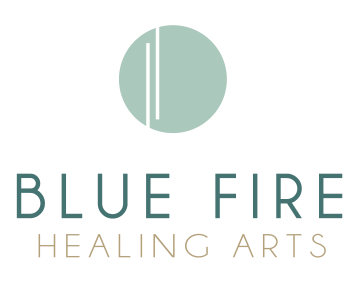Eastern medicine is a term to describe systems of medicine that developed over thousands of years throughout China, Japan, Korea, and Southeast Asia. Eastern medicine uses non-invasive yet effective diagnostic and treatment methods.
Eastern medicine treatment can include acupuncture, acupressure, massage, cupping, moxibustion, nutrition, exercises, and herbal medicine. While having a connection to an ancient lineage, Eastern medicine continues to evolve with high standards for education, research, and integrative care.
Acupuncture uses small needles, gently inserted into specific, responsive points to help regulate body functions. Acupuncture treats many health conditions without causing adverse side effects or interference with medications, and can bring a state of deep relaxation. Acupuncture is safe for people of all ages.
Pain
- Chronic pain
- Non-opioid pain management
- Low back pain
- Surgery recovery
- Joint pain and restricted movement
- Arthritis
- Headaches
- Migraines
- Fibromyalgia
- Jaw pain and TMD
- Plantar fasciitis
- Scars
- Injuries including motor vehicle accidents
Cancer Treatment Support
Digestion
- Bloating and cramping with eating
- Acid reflux
- Constipation
- Diarrhea and loose stools
- Nausea and vomiting
Energy Levels and Sleep
- Insomnia
- Sleep disorders
- Fatigue and low energy
Emotional and Mental Distress
- Substance abuse recovery support
- PTSD
- General stress
- Anxiety and depression
Seasonal Illness
- Seasonal allergies
- Colds
- Influenza
- Seasonal mood disorders
Women’s Health
- Menstrual irregularities
- Painful periods and PMS
- Pregnancy support
- Morning sickness and nausea
- Perimenopausal support
- Hot flashes and sweating
Neurological
- Dizziness and vertigo
- Tinnitus
- Parasthesia and neuropathy
- Bell’s palsy
- Temperature disregulation
